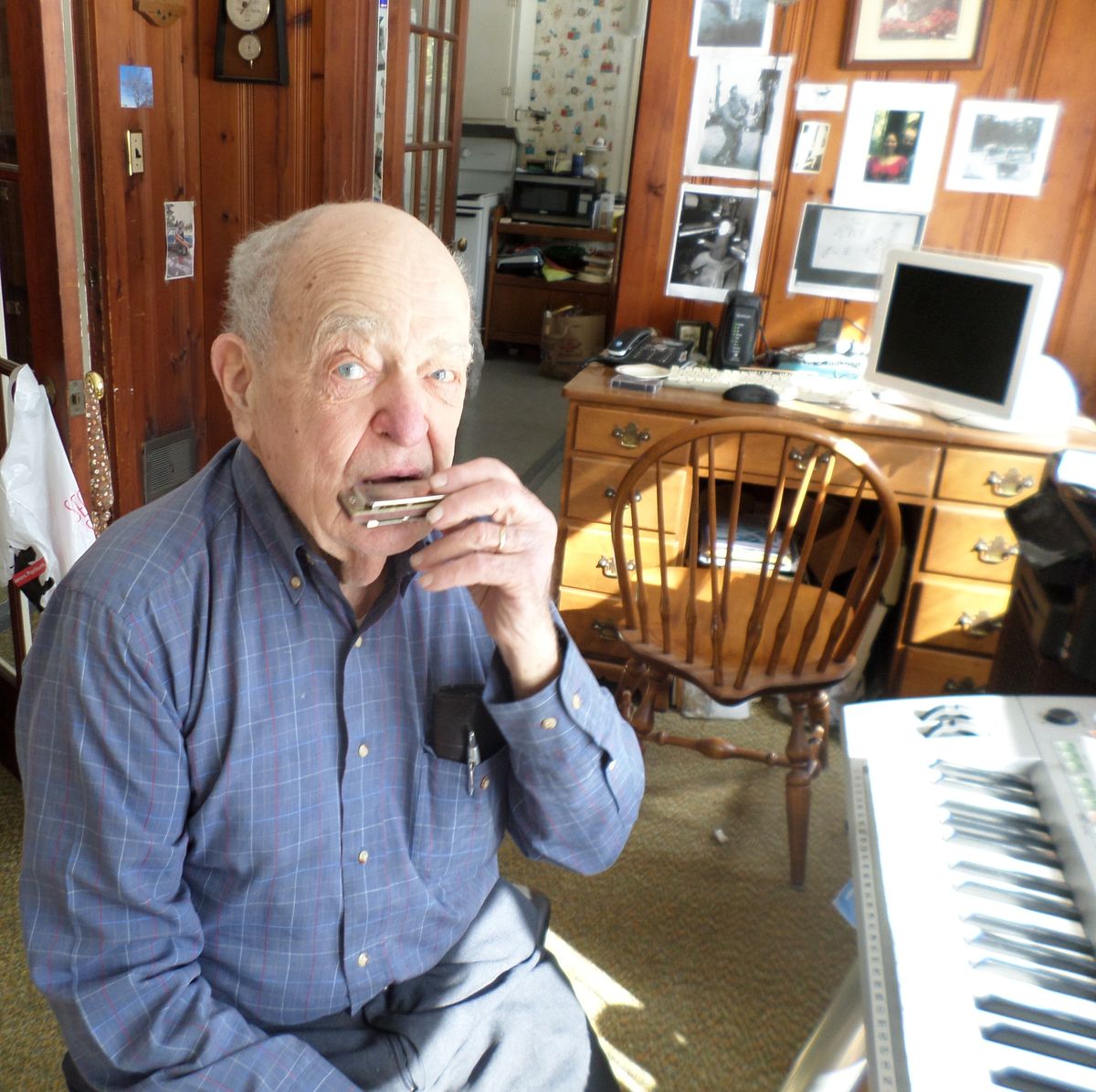Genesis 42:18-28
I cannot say that this reading has meant any more to me than the entire story of Joseph, he of the coat of many colors. Oh, the many pictures I colored of him in Sunday School. Nor do I remember any discussion about him, and Joseph was a colorful character. What a pity for that oversight in my religious education because Joseph’s story is one of intrigue, faith, and forgiveness. It has more twists and turns in its telling than any modern twenty first century tale.
Kidnapped by his older brothers, ripped from the home of his beloved father and his younger brother Benjamin, he was sold into slavery in another country, Egypt. It was years before he was reunited with those he loved. But this is a tale of God’s steadfast presence in a miserable situation. Time after time Joseph was tested physically and emotionally by God, who gave him strength and abilities to help him rise above his environment. An organizer and what is more important an interpreter of dreams, two gifts from God, put him into Pharaoh’s favor and made him eventually in charge of Pharaoh’s kingdom. During a severe famine, when Joseph’s brothers come begging for food from Pharaoh’s vast supply-house, they beg from Joseph whom they do not recognize. This man is powerful, well-dressed and wears the king’s ring, a token of authority. Is Joseph angry, or vindictive? Absolutely not, only anxious to know of and to see his father and Benjamin. He has recognized these brothers, and he has forgiven them for what they did to him so many years ago. And here I am going to say that what Joseph does is so clever and unusual that it must be read to be appreciated. What this story says to me is that no matter how dreadful the circumstances and how hopeless it may seem, God is with us and will see us through the toughest of situations. Never give up hope because God doesn’t—ever.
Lord, my daily prayer is that You will help me to remember that nothing is going to happen to me that you and I, together, cannot handle. Amen.
~Betty
